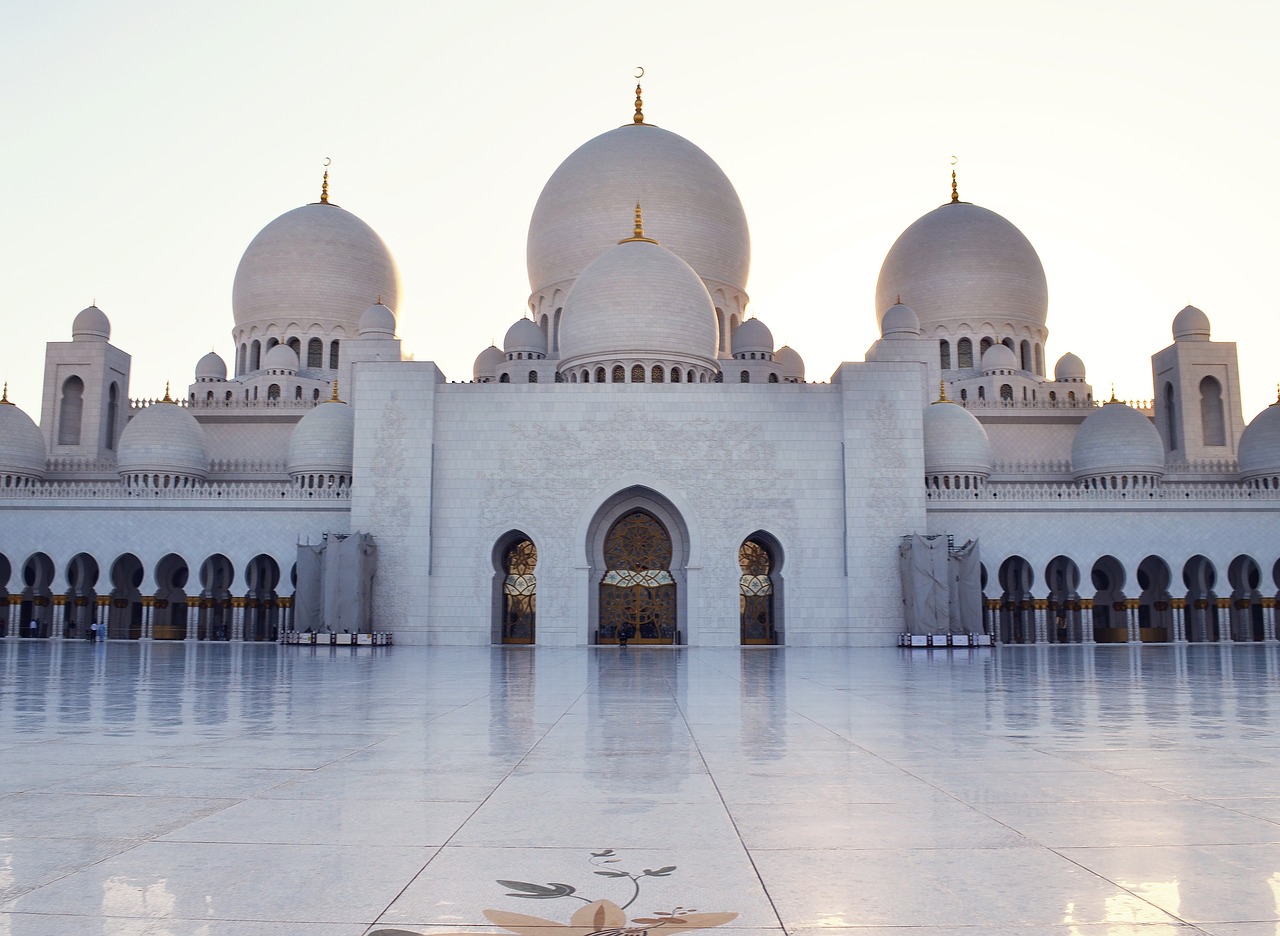Explore History - Part 2
Exploring Fascinating Historical Events - Part 2
The Fall of the Berlin Wall
The Fall of the Berlin Wall on November 9, 1989, marked a significant moment in history. The wall, built in 1961 to divide East and West Berlin during the Cold War, became a powerful symbol of the Iron Curtain. Its fall symbolized the end of the Cold War and the reunification of Germany.

The Rwandan Genocide
In 1994, the Rwandan Genocide resulted in the mass slaughter of Tutsi people by the Hutu majority. Approximately 800,000 people were killed in just 100 days, making it one of the most brutal genocides in history. The international community's failure to intervene promptly remains a point of contention.

9/11 Terrorist Attacks
On September 11, 2001, the world witnessed the devastating 9/11 terrorist attacks in the United States. Four coordinated suicide missions carried out by Al-Qaeda resulted in the destruction of the World Trade Center's Twin Towers in New York City and significant loss of life.

The Arab Spring
The Arab Spring, beginning in late 2010, saw a wave of protests and uprisings across the Middle East and North Africa. Citizens demanded political reform, social justice, and an end to authoritarian regimes. The movement led to significant changes in several countries.

The Tsunami in Japan
In March 2011, Japan experienced a catastrophic earthquake and tsunami that devastated the country. The natural disaster caused widespread destruction, triggered a nuclear meltdown at the Fukushima Daiichi power plant, and resulted in significant loss of life and property.

These historical events have shaped the world we live in today, leaving a lasting impact on societies, politics, and international relations.
